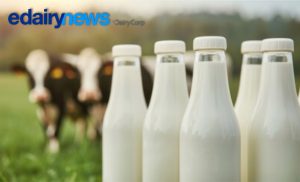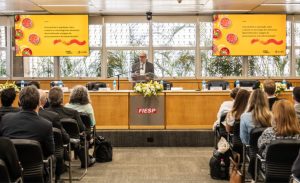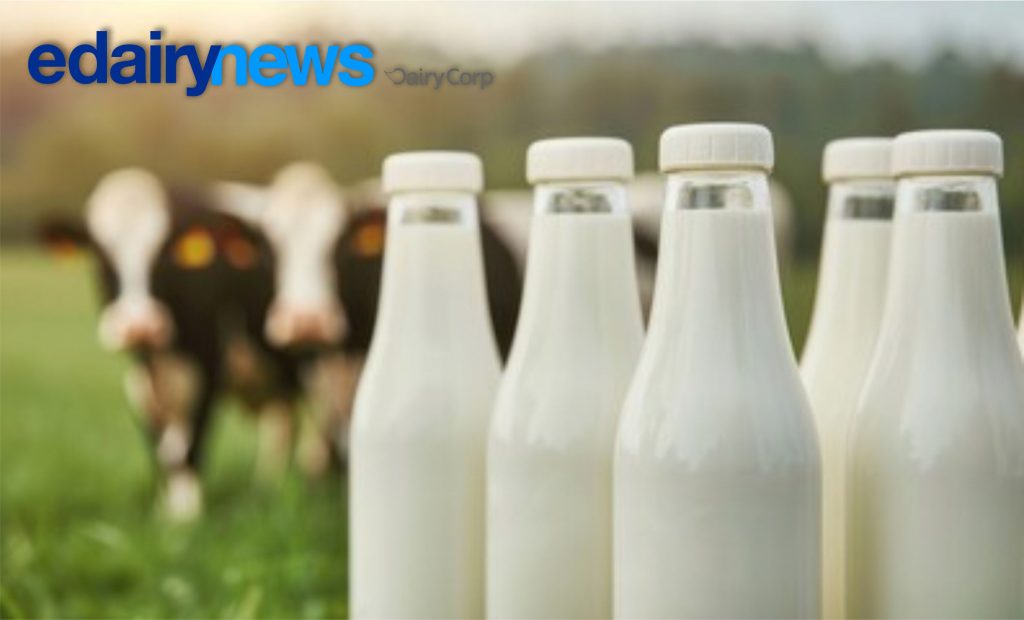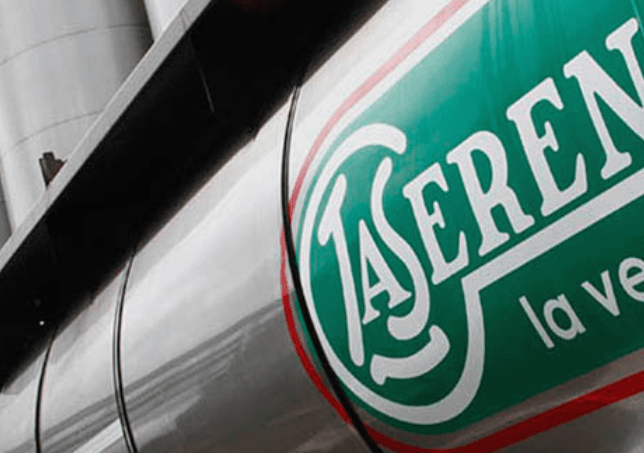Released on September 28, the plan has highlighted increased profitability, confidence and unity during the next five years as the key elements of its strategy.
Australian Dairy Plan chair and former Victorian Premier John Brumby said the “quite conservative” modelling was about paving the way ahead.
“The truth is, in dairy there’s not enough reward for effort,” Mr Brumby said.
“The dairy industry has really turned a corner thanks to seasonal conditions, the cash rate, farm gate prices have picked up, farmers are producing more.
“Farmers are doing much better; this is about trying to lock that in over the next five years.”
Mr Brumby acknowledged more needed to be done to grow trust between farmers and processors, an issue Australian Dairy Products Federation president Grant Crothers said was a “key commitment”.
He said the focus needed to be on increasing transparency around farm gate milk prices and the value of milk with the introduction of a new Milk Value Portal.
Implementation of the plan could see annual milk production increase from 8.7 billion litres to 9.6 billion litres, and will target greater than 50 per cent of farms achieving profit of at least $1.50 EBIT/kg MS, have more than three-quarters of farmers and processors confident about the future, and have more than 75 per cent of farmers and processors positive about industry unity by 2025.
Reform of industry structures is one of five key commitments for change identified during an extensive nationwide consultation involving more than 1500 industry participants.
The Australian Dairy Plan was developed in consultation with a number of dairy bodies — Australian Dairy Farmers, Australian Dairy Products Federation, Dairy Australia and Gardiner Foundation.
It has been a divisive issue in dairy regions across the country, with United Dairyfarmers of Victoria undertaking a large membership consultation push after some unrest over the body’s stance on the plan.
Farmers heavily criticised industry advocacy bodies in a series of workshops held to discuss the dairy plan last year, and also argued that bodies like Dairy Australia should be doing more to lobby for farmers.
Dairy Australia board director and northern Victorian dairy farmer Jeff Odgers said the plan would help deliver increased business and risk management skills to navigate an increasingly volatile operating environment.
“Our target is for all dairy farm businesses to have a documented long-term plan and for at least 75 per cent of dairy farms to be using risk management tools and products within five years,” Mr Odgers said.
The plan sets out the need for further consultation and an industry vote as being essential for successful reform.
Ultimately, the whole industry is dependent on each other, according to Australian Dairy Farmers president Terry Richardson, who said the whole industry would benefit from working together.
The plan sets out the need for further consultation and an industry vote as being essential for successful reform.
Reports will be generated every six months about how the industry is tracking against the plan’s goals.
“The next five years can and will be very positive,” Mr Brumby said.
This is the first time organisations representing the whole dairy supply chain have worked together to develop a national strategic plan.
Other commitments include attracting new people and investment, a greater focus on marketing, increasing business and risk management skills and tools, and improving trust between farmers and processing companies.












